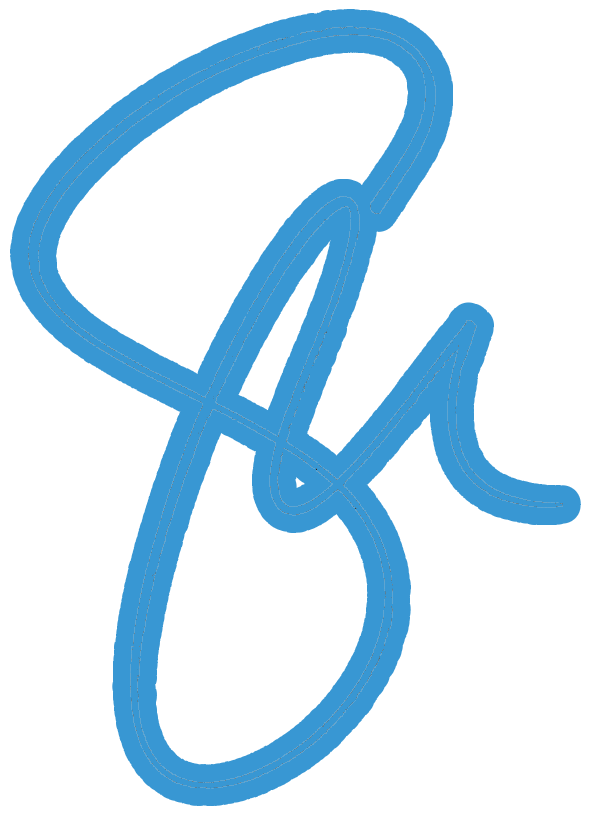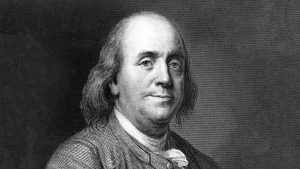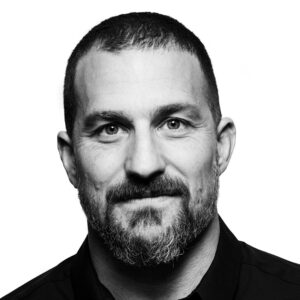I used to drink 3–4 cups of coffee every day for 10+ years. Last year, I decided to quit coffee.
Quitting coffee was a part of my 30+ days challenge to build healthy, sustainable, and productive habits. So far, I have completed 20 30-day challenges. Here is the complete list.
Last year, I stopped cold turkey. Here is the backstory, how did it ruin my life?
Stopping addiction is a gradual but super complex process involving physical and psychological behavior. We all know that if you consume something for years, how will it affect your body if you decide to quit abruptly?
Gradual change leads to adaptation which is long-lasting, so change gradually.
I made the huge mistake of stopping drinking coffee from day one of my 30-day challenge.
How did it ruin my life?
At least for the first couple of weeks, I had terrible headaches, and it also ruined my morning restroom schedule (I became constipated).
I could not concentrate on anything productive. I had zero interest in doing any work. I lie in bed, scroll my phone, or watch something on Netflix.
The first couple of weeks, I had no idea what was going on. However, it was just a matter of 30 days. I decided to keep going.
Why did it happen?
I stopped cold turkey instead of gradually decreasing coffee consumption or taking a break for a day or something.
However, things got back after 2 weeks. My headaches are gone. My productivity came back to its regular routine.
On the other side, I believe that coffee positively affects your overall health, especially your liver, and gut.
Here are the top 4 reasons I highly recommend taking a break from coffee.
I made the mistake of stopping my coffee intake from day one instead of gradually decreasing it or taking breaks.
Quality sleep
There is scientific evidence that quitting coffee can improve sleep quality in some people. Caffeine is a stimulant that can disrupt sleep by stopping adenosine, a neurotransmitter that promotes sleep.
Caffeine can stay in the body for several hours and continue to stimulate the nervous system, making it difficult to fall and stay asleep.
According to a study, caffeine consumption 6 hours before bedtime significantly reduced total sleep time.
Improve blood pressure
Study shows that caffeine causes a brief (short-term) increase in blood pressure.
Any increase or decrease can be significant for people with high blood pressure.
If you have high blood pressure, taking a break while lowering your blood pressure through other means is worthwhile.
Midday energy crashes
Caffeine users frequently experience a midday energy crash.
Why?
Caffeine affects adenosine receptors. Caffeine, especially late in the day, causes an accumulation of adenosine.
It is why people crash, then use more caffeine to recover.
Overcome anxiety
Caffeine is a stimulant of the central nervous system.
It increases your cortisol, heart rate, and adrenaline levels. It could be better when trying to relax.
Caffeine can cause nervousness, anxiety, irritability, impulsivity, boredom, and panic attacks/
Here’s how to take a break from coffee consumption without ruining your life.
- Gradually reduce intake — Instead of quitting coffee and cold turkey, gradually reduce your daily intake. It will take some time for your body to adjust.
- Replace coffee with healthier alternatives like herbal tea, decaffeinated coffee, or caffeine-free beverages.
- Drinking a lot of water to minimize the headache
- Make sure to sleep 7–8 quality hours.
- Eat balanced diet
- Move your body — at least 21 minutes per day.
The bottom line
Do not wait; the time will never be “just right.” Start where you stand, and work with whatever tools you may have at your command, and better tools will be found as you go along. — Napoleon Hill
In conclusion, giving yourself a break from coffee can have various health advantages, such as enhanced sleep, more stable blood pressure, reduced energy crashes, and reduced anxiety.
However, it is important to remember that abruptly quitting coffee can have undesirable consequences.
Adopting a gradual approach, exploring healthier alternatives, staying hydrated, prioritizing sleep, eating a balanced diet, and exercising regularly can all contribute to a more seamless change.




